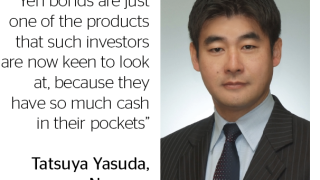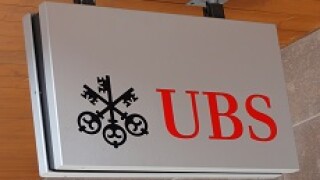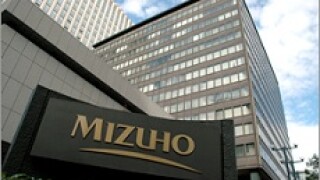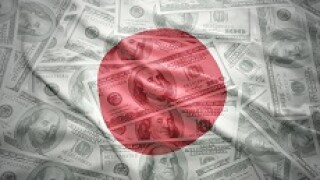Japan
-
Japan’s economic and political stability is making its domestic credit markets an attractive haven in light of political uncertainty in Europe and the US. With global monetary policies diverging, Japanese debt is becoming an attractive proposition for an increasing number, and variety, of overseas investors, writes David Bell.
-
Asahi has signed a €7.4bn bridging loan for its acquisition of AB InBev’s central and eastern European business.
-
Trading a currency on screen, day in and day out, is not the same as understanding it in real life, as one forex banker just found out to his cost in Tokyo.
-
Credit Suisse’s Hong Kong office saw two senior departures in investment banking and equities, following news last week that six were leaving the equities team.
-
Credit Suisse is cutting six equities jobs from its Hong Kong and Tokyo offices, according to sources familiar with the matter.
-
UBS has made a number of new hires across its Asia Pacific businesses, according to memos seen by GlobalCapital Asia this week.
-
Nomura has reshaped the management team of its wholesale division, which includes investment banking and markets. Former co-head of wholesale Kentaro Okuda will become regional head for Americas, while Minoru Shinohara, executive chairman in EMEA, becomes co-head of wholesale, relocating from London to Tokyo.
-
-
-
Japan Bank for International Cooperation (JBIC) made a rare appearance in three year dollars this week, opening the way for its peers to follow. But there is little in the dollar pipe from Japanese or any other SSA issuers — all of which are well funded — after a week when US rate expectations were jolted by comments from Federal Reserve chair Janet Yellen.
-
Japanese lenders have been largely missing from headlines of RMB-related initiatives, but some are starting to dip their toes into RMB infrastructure, starting with the cross-border interbank payment system (CIPS).
-
Electricité de France returned to the yen bond market in style last Friday, as it printed a four-tranche deal that included the longest ever Samurai note and the market’s first green bonds.










